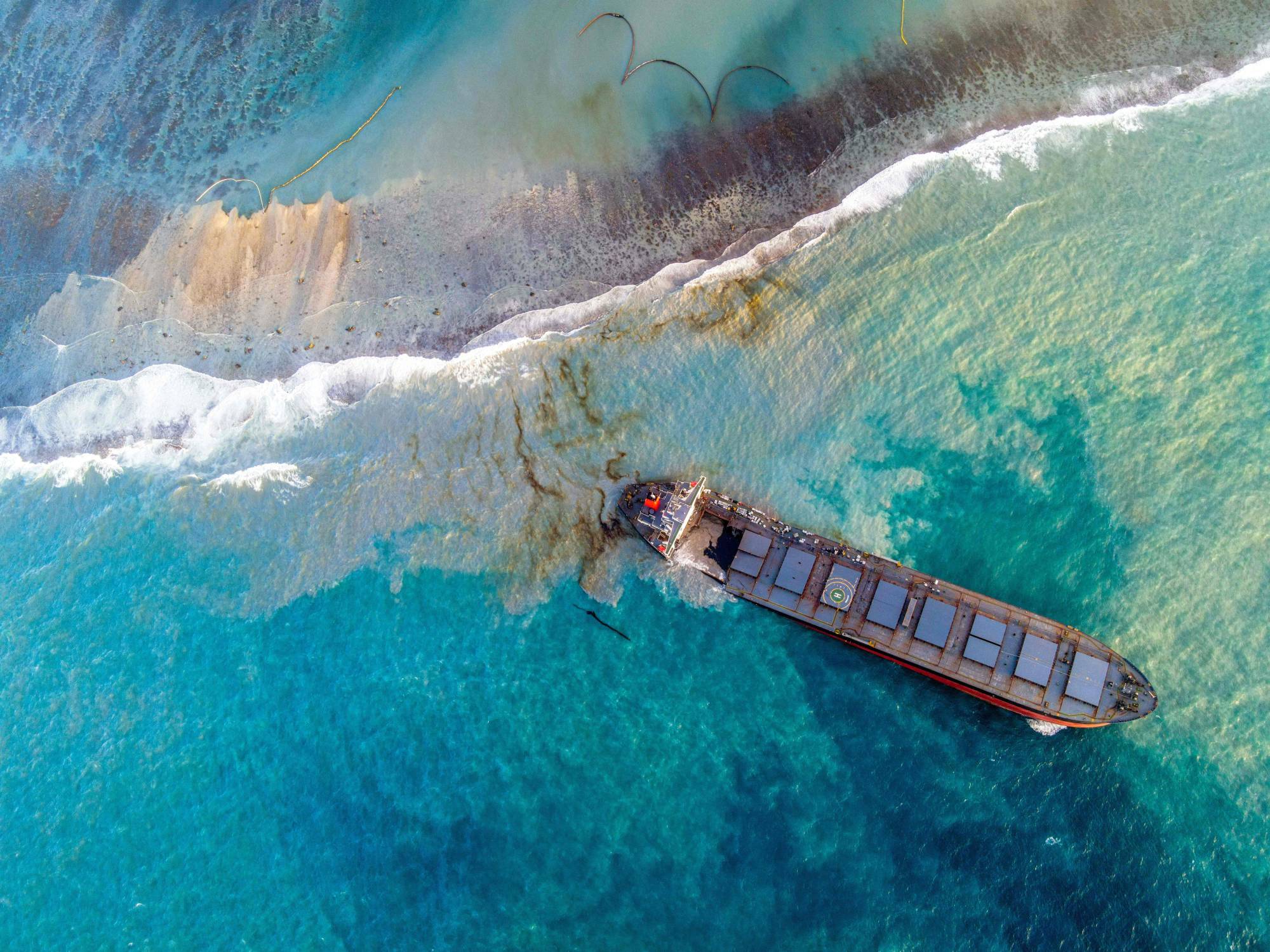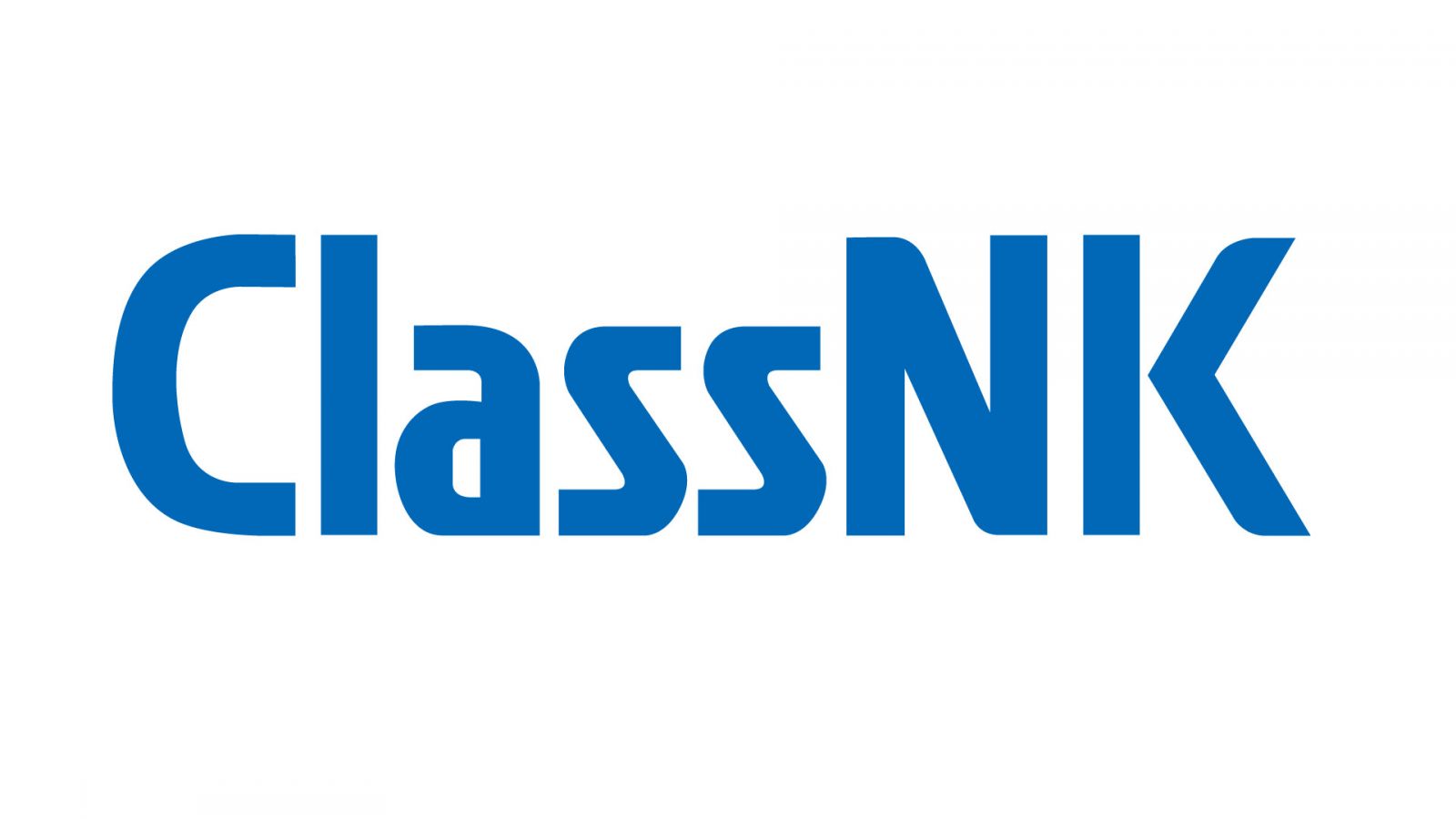The Bunker Industry Association of South Africa on Aug. 29 voiced concerns about new environmental regulations governing offshore ship-to-ship transfers, suggesting the rules could curb refueling operations at South African ports, in particular those near Algoa Bay.
From Aug. 28, the South African government has banned ship-to-shop operations from sensitive ocean environments while requiring ship operators to enhance pollution prevention measures to protect penguins, marine species and ecosystems.
In particular, the number of bunker suppliers and barges would be limited in Algoa Bay, where refueling operations are only allowed in designated anchorages under certain weather conditions.
The country’s bunker industry players provided feedback on draft rules in July, but the trade group said the government failed to reflect those views when finalizing the regulations.
“The final regulations do not reflect key recommendations — particularly regarding proposed restrictions on the number of operators and STS tankers,” BIASA said in a LinkedIn post.
Moreover, the government’s “disproportionate focus” on offshore bunkering activities in Algoa Bay “overlooks” the broader environmental risk posed by 1,500 ships calling annually at the Ports of Elizabeth and Ngqura, including that of underwater noise, according to the trade group.
The government will impose a fine of Rand 2 million ($113,000) on non-compliant individuals and could also sentence them to up to five years, according to the Ministry of Forestry, Fisheries and the Environment.
“BIASA is actively engaging with industry stakeholders and legal advisors to determine an appropriate course of action,” the trade group said.
“We believe it is vital that any regulations governing offshore STS operations align with the principles of fair competition and a free market.”
Changing trade patterns
Algoa Bay, formerly South Africa’s largest marine fuel hub, saw a tax dispute shutter its refueling operations from September 2023 through February 2025.
The disruption forced major suppliers, including BP, TFG Marine and Mercuria, to suspend operations, with some establishing new ventures in Mauritius and other East African ports. AMSOL returned to the market earlier this year, but bunker operations in the area have been irregular.
Meanwhile, bunker sales in other South African ports, like Durban, have been supported by this development as well as the large number of ship diversions from the Red Sea amid security worries since late 2023.
Platts, part of S&P Global Commodity Insights, last assessed on Aug. 18 delivered bunker prices in the Port of Elizabeth at $615/mt for 0.5%-sulfur marine fuel oil and at $1,110/mt for 0.1%S marine gasoil.
Source: S&P Global




